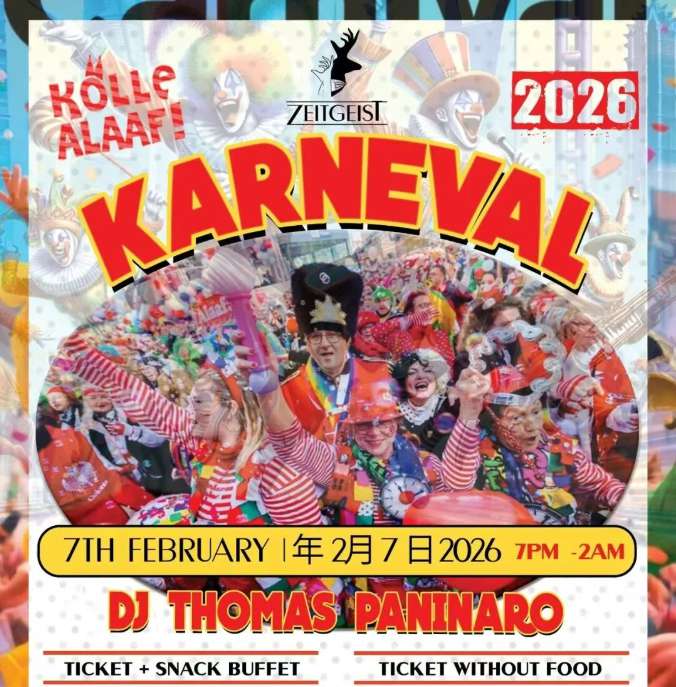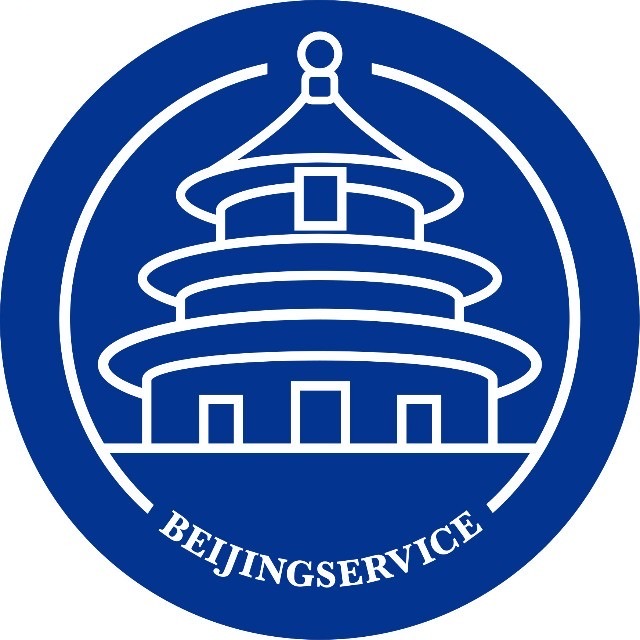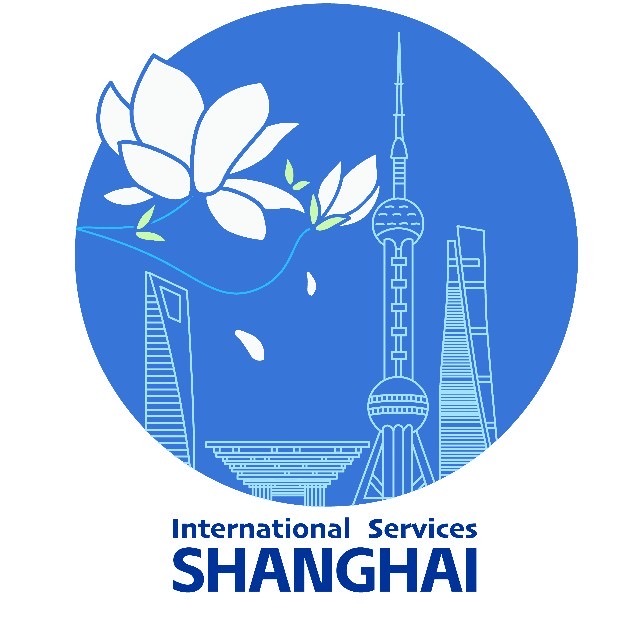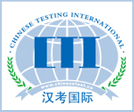On July 29, the Beijing Municipal Public Security Bureau’s Exit-Entry Administration unveiled the “Sailing to Talent – Interpretation of 12 Talent-Friendly Policies”, aimed at attracting and facilitating the stay and work of high-level foreign professionals in the capital.
The key highlights are as follows:
1.Facilitating Talent Visas for Foreign Experts in Education and Research
Foreign professionals urgently needed for business, academic visits, or employment in China can apply for port visas with an invitation letter and supporting documents. High-level foreign talents can obtain a talent visa at the port of entry by presenting the “Confirmation Letter for High-Level Foreign Talents.”
2.Easing Work and Residency Procedures for Foreign Talent
Foreign nationals entering China with a talent visa or holding overseas professional qualifications recognized by Chinese authorities will enjoy streamlined procedures for acquiring work or long-term residence permits.
3.Support for Continuing Education of Foreign Professionals
Foreign management and technical personnel working in educational and research institutions who pursue degrees or further education at Chinese universities are not required to change their residence permit type.
4.Allowing Foreign Talent to Take on Part-Time Roles or Entrepreneurship
Foreign professionals employed by educational or research institutions can adjust their job position across regions or engage in part-time innovation and entrepreneurial activities within the institution, without needing to reapply for new residence permits, upon registration with immigration authorities.
5.Long-Term Residency for Foreign Postdoctoral Researchers
Foreign PhD graduates are encouraged to conduct research at postdoctoral stations in Beijing. They may apply for a residence permit under the category of private affairs or employment.
6.Entrepreneurial Support for International Students in Beijing
International students at Beijing universities may start businesses in designated innovation zones (such as the “Two Zones” and Zhongguancun Demonstration Zone) with the university’s endorsement and a recommendation letter. Outstanding foreign graduates from top Chinese “Double First-Class” universities or prestigious international institutions may also apply for a private affairs residence permit to engage in innovation and entrepreneurship.
7.Work-Study Opportunities for International Students
Eligible foreign students enrolled in Beijing universities can apply for a study-type residence permit marked with “Work-Study” upon submission of documentation from their school and employer.
8.Permanent Residency for Foreign PhD Holders
Foreign nationals with a PhD degree and a valid work-type residence permit in Beijing are eligible to apply for permanent residency in China.
9.Permanent Residency for High-Level Foreign Talent and Families
Foreign professionals recognized by talent authorities, the “Two Zones” office, the Beijing Municipal Science and Technology Commission, or the Zhongguancun Administrative Committee may apply for permanent residency, with their foreign spouses and children eligible to apply simultaneously.
10.Points-Based Pathway to Permanent Residency
Foreign professionals in Zhongguancun startup teams, those hired by Zhongguancun enterprises, and those working in innovative roles within the “Two Zones” can apply for permanent residency through a points-based evaluation system.
11.Expanded Use of the Permanent Resident ID Card
Holders of the Foreign Permanent Resident ID Card (the “Five-Star Card”) can independently use it for services such as banking, education, healthcare, transportation, housing, telecommunications, employment, taxation, social security, property registration, and legal proceedings.
12.Talent Endorsements for Mainland Travel Permits to Hong Kong and Macau
Six categories of Chinese professionals working in Beijing—including top talents, researchers, educators, healthcare workers, legal professionals, and administrators—can apply for multi-entry talent endorsements valid for 1 to 5 years for travel to Hong Kong and Macau. Each stay is limited to no more than 30 days.
Source: OT-Team(G)
















 京公网安备
京公网安备